Happy New Year! Here’s to a Delicious 2026.
-
Shop
- Back
- Shop
- Pre-Order Books
- New Releases
- Vintage Books
- Sale Books
- Children's
- Shop All
- Vintage Menus
- Risographs
- Aprons & Totes
- Moulds
- Gift Cards
- Americas
- Art & Design
- Asia & Oceania
- Europe
- Jewish
- Middle Eastern & African
- Baking & Sweets
- Drinks
- Food Writing
- Gardening & Preserving
- General & Ingredients
- Health
- Professional
- Technique
- Magazine
- Upcoming Events
- About Us
- Cookbook Club
-
Shop
- Pre-Order Books
- New Releases
- Vintage Books
- Sale Books
- Children's
- Shop All
- Vintage Menus
- Risographs
- Aprons & Totes
- Moulds
- Gift Cards
- Americas
- Art & Design
- Asia & Oceania
- Europe
- Jewish
- Middle Eastern & African
- Baking & Sweets
- Drinks
- Food Writing
- Gardening & Preserving
- General & Ingredients
- Health
- Professional
- Technique
- Magazine
- Upcoming Events
- About Us
- Cookbook Club
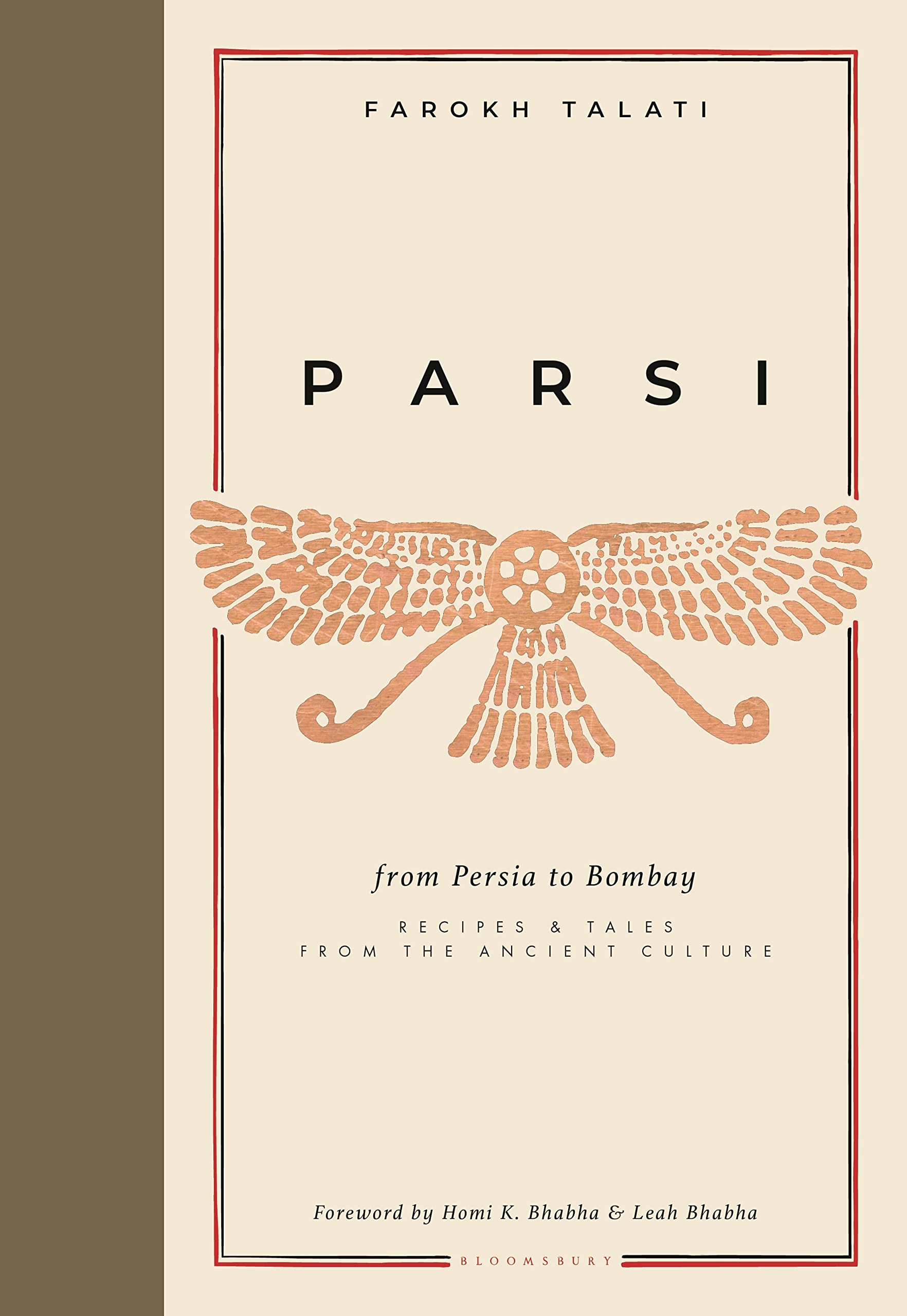
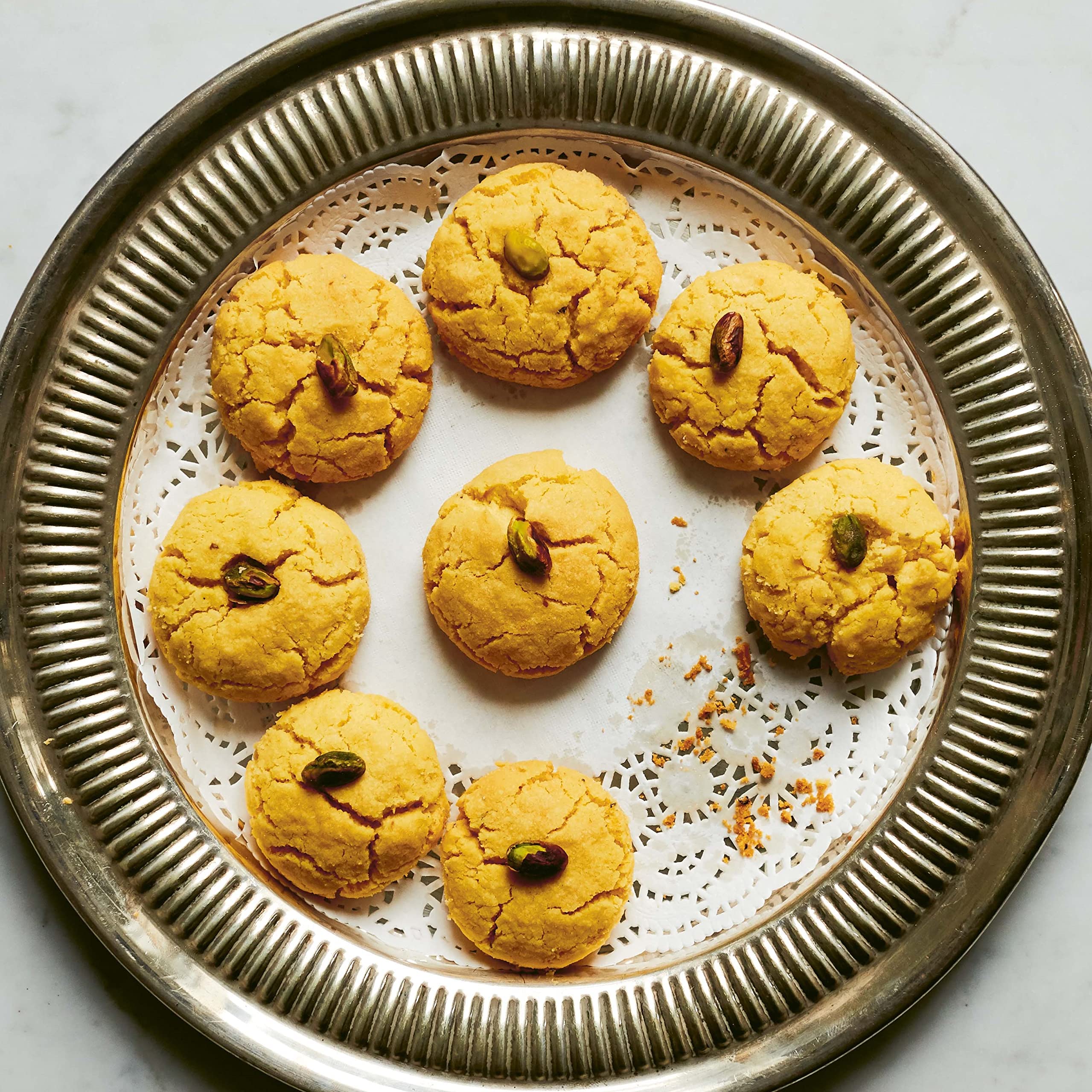
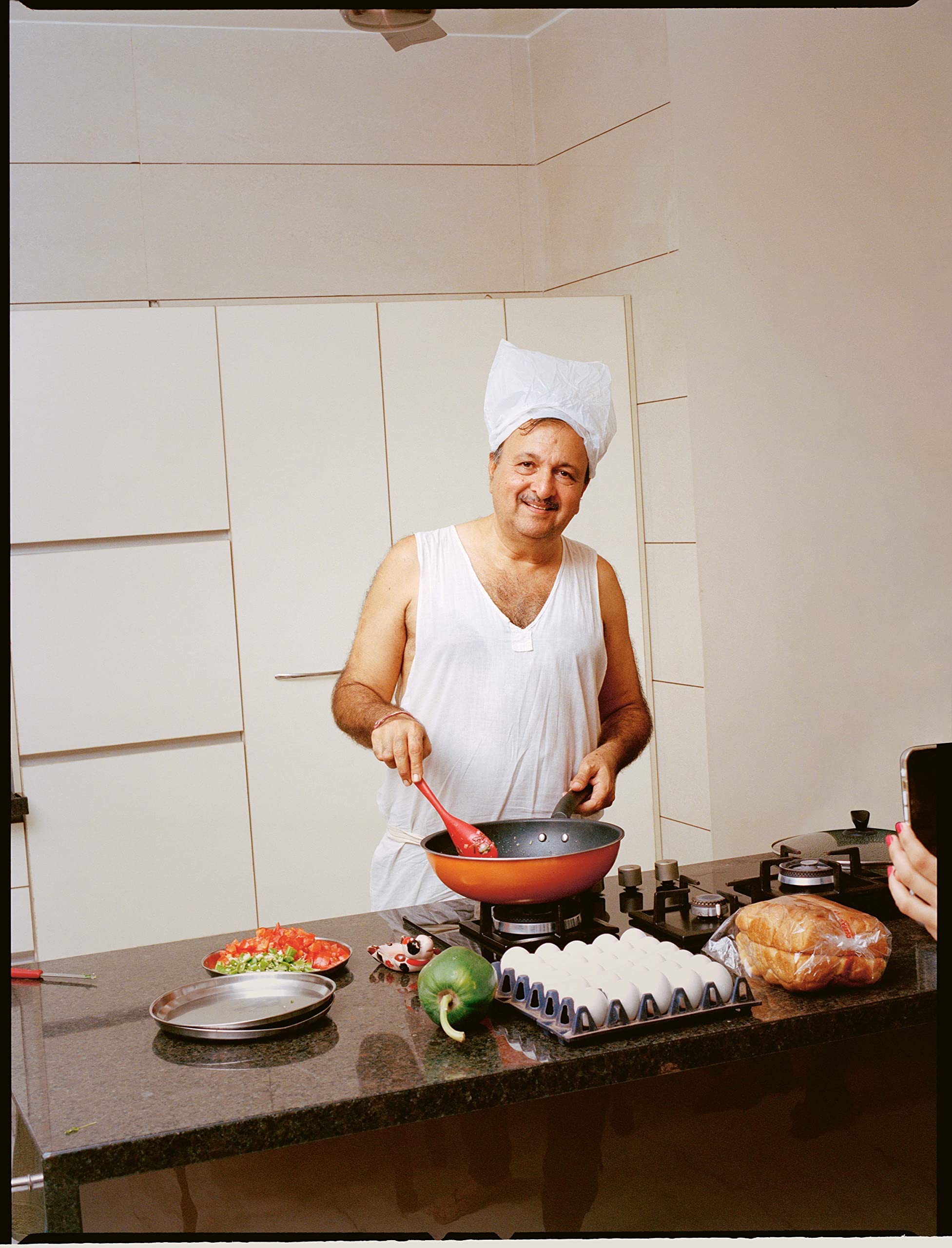
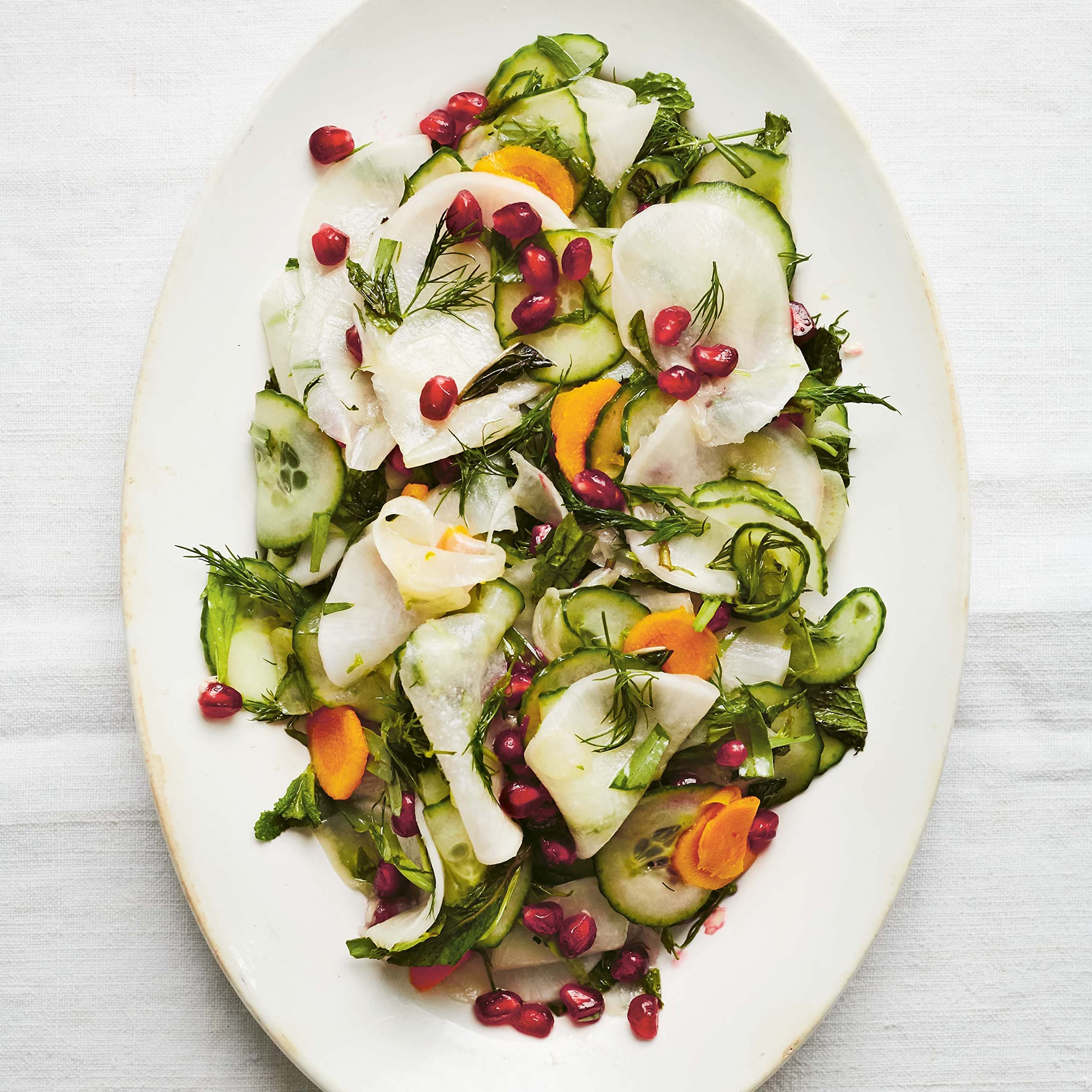
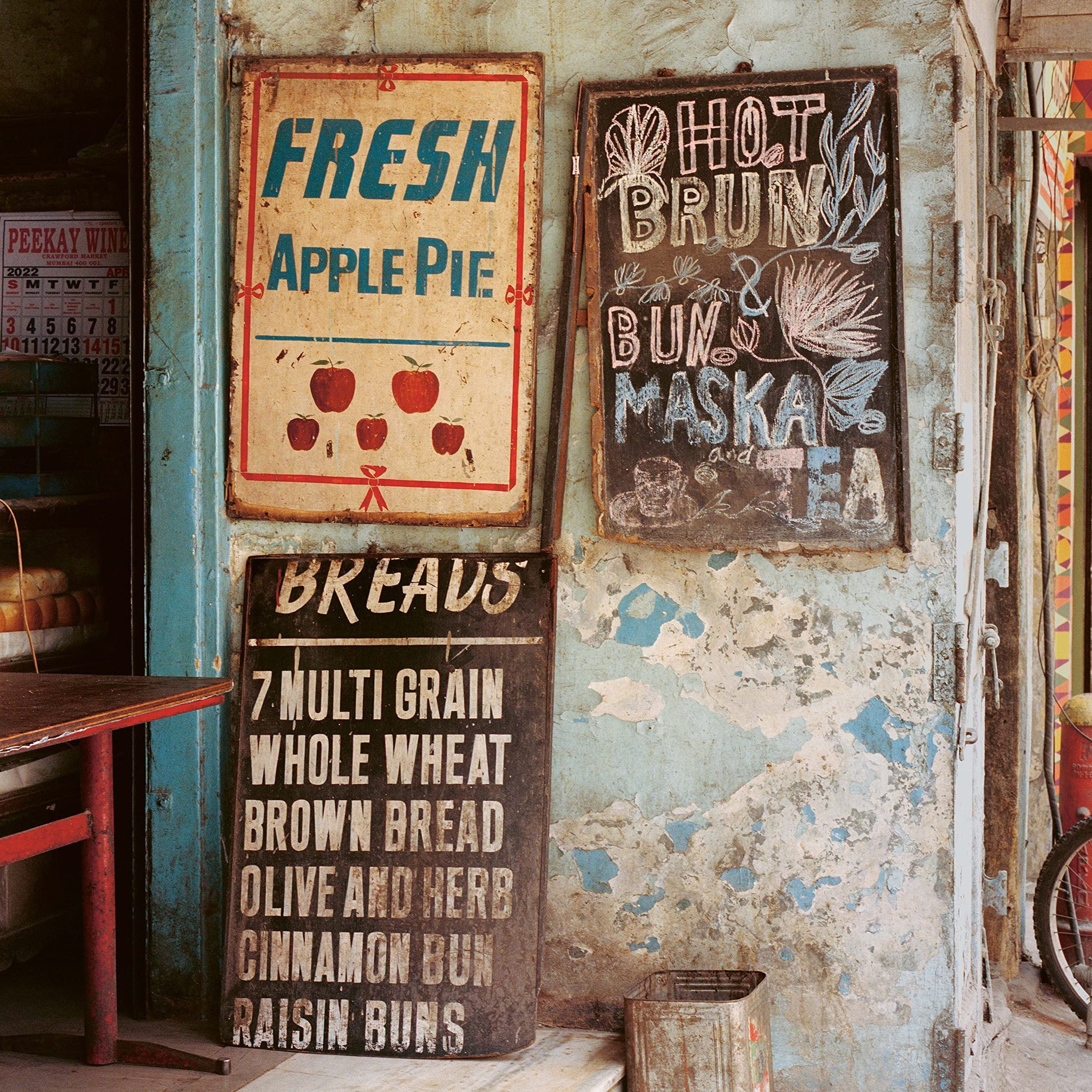
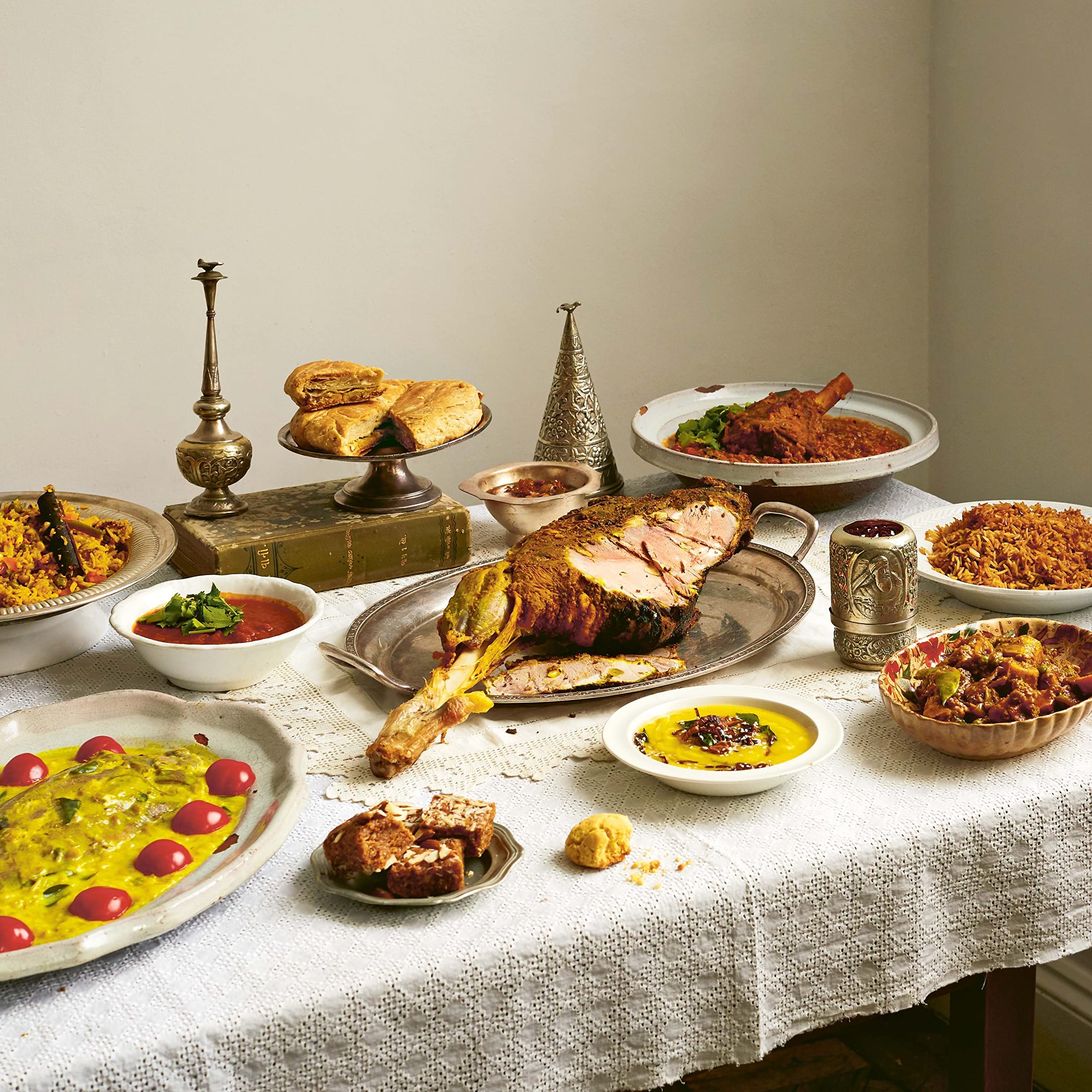
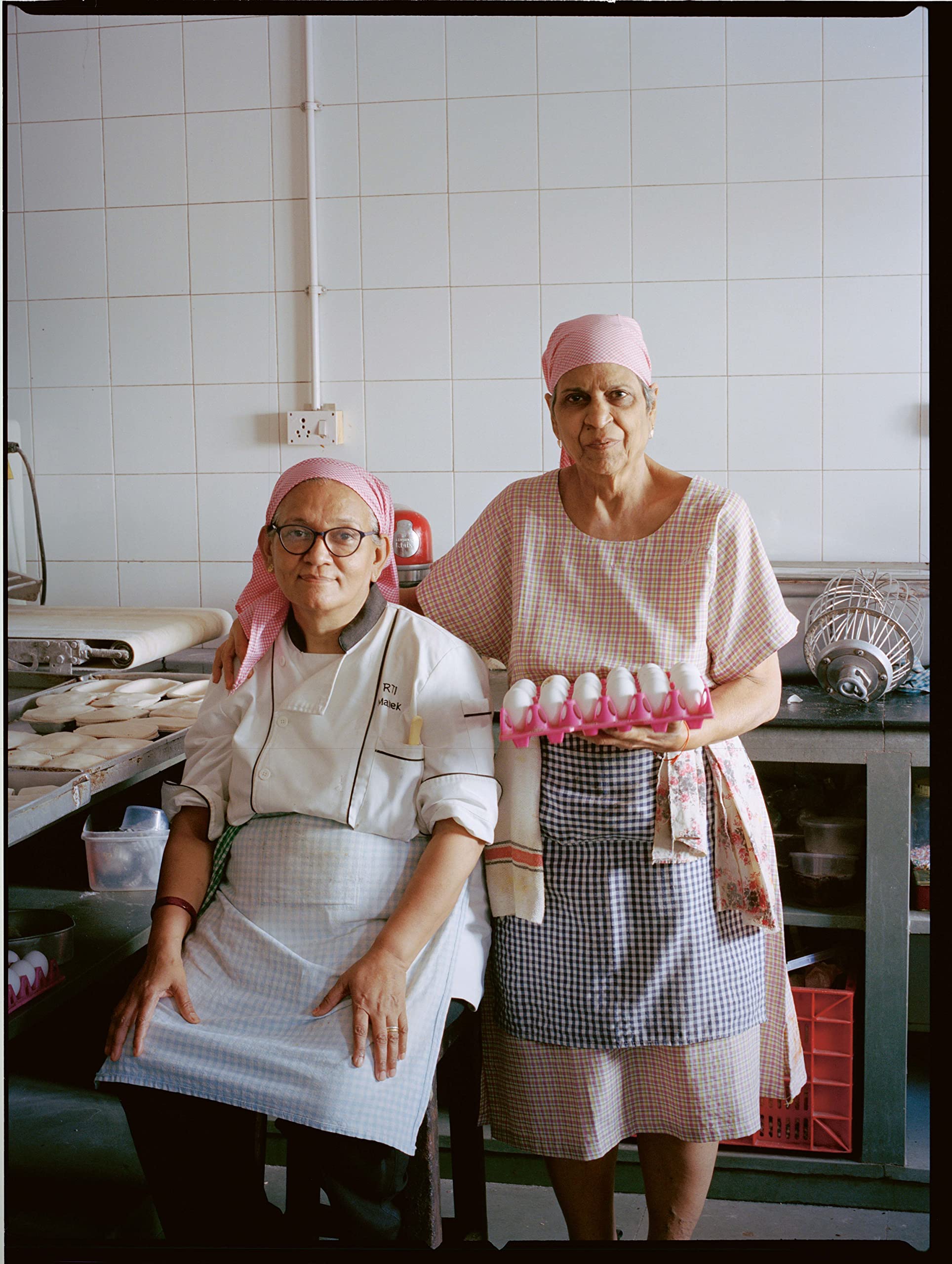














Parsi: From Persia to Bombay: Recipes & Tales from the Ancient Culture (Farokh Talati)
$35.00
/
In more than 150 recipes, a journey into the world of Parsi culture through food, feasts, and family favorites―featuring original four-color photography and a foreword by Parsi scholar Homi Bhabha.
“Jamva Chalo Ji,” a simple yet celebratory phrase in Parsi-Gujarati, translates literally as “Come, let’s eat!”―though it doesn’t take much cajoling to gather a crowd around a Parsi table. Laden with lamb stews, quails stuffed with biryani, salads of fennel and peas, and semolina pudding, each spread is rich with the sumptuous Persian and Indian flavors of cardamom and masala, coconut and mango―and in Parsi, chef Farokh Talati invites home chefs to join the feast in the first major cookbook of its kind.
Featuring step-by-step photographs that teach the best way to crack a coconut at home, press homemade paneer from scratch, and preserve the most piquant pickled vegetables possible, Parsi is a guide not only to a unique cuisine but also a culture and family story preserved in its flavors. With recipes for staple chutneys and spice pastes traditionally ground by hand, soothing baked eggs and savory masala oats shared in the morning, platters of lamb-herb kebabs and cucumber-pomegranate salads shared at night, and rich raspberry wafer ice cream sandwiches and mango buttermilk pudding that pay homage to the sweet tooth of Talati’s youth, Parsi is rich with the flavor of a culinary tradition well worth relishing.
Combining Talati's decades of experience as a professional chef in London’s restaurant scene with recipes passed down from the home kitchens and dining tables of his ancestors, Parsi celebrates both festive dishes and everyday meals with a ringing “Jamva Chalo Ji.” Come, let’s eat.
“Jamva Chalo Ji,” a simple yet celebratory phrase in Parsi-Gujarati, translates literally as “Come, let’s eat!”―though it doesn’t take much cajoling to gather a crowd around a Parsi table. Laden with lamb stews, quails stuffed with biryani, salads of fennel and peas, and semolina pudding, each spread is rich with the sumptuous Persian and Indian flavors of cardamom and masala, coconut and mango―and in Parsi, chef Farokh Talati invites home chefs to join the feast in the first major cookbook of its kind.
Featuring step-by-step photographs that teach the best way to crack a coconut at home, press homemade paneer from scratch, and preserve the most piquant pickled vegetables possible, Parsi is a guide not only to a unique cuisine but also a culture and family story preserved in its flavors. With recipes for staple chutneys and spice pastes traditionally ground by hand, soothing baked eggs and savory masala oats shared in the morning, platters of lamb-herb kebabs and cucumber-pomegranate salads shared at night, and rich raspberry wafer ice cream sandwiches and mango buttermilk pudding that pay homage to the sweet tooth of Talati’s youth, Parsi is rich with the flavor of a culinary tradition well worth relishing.
Combining Talati's decades of experience as a professional chef in London’s restaurant scene with recipes passed down from the home kitchens and dining tables of his ancestors, Parsi celebrates both festive dishes and everyday meals with a ringing “Jamva Chalo Ji.” Come, let’s eat.
